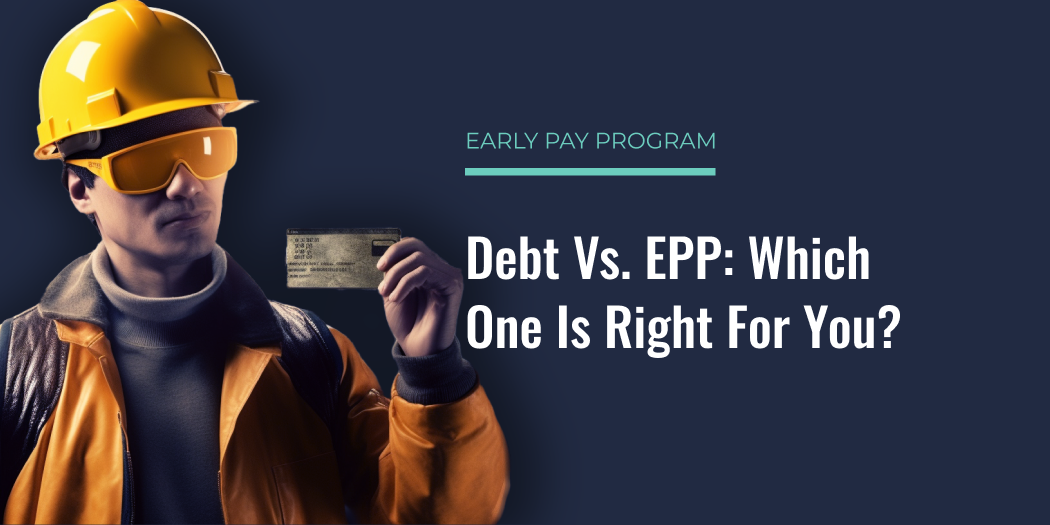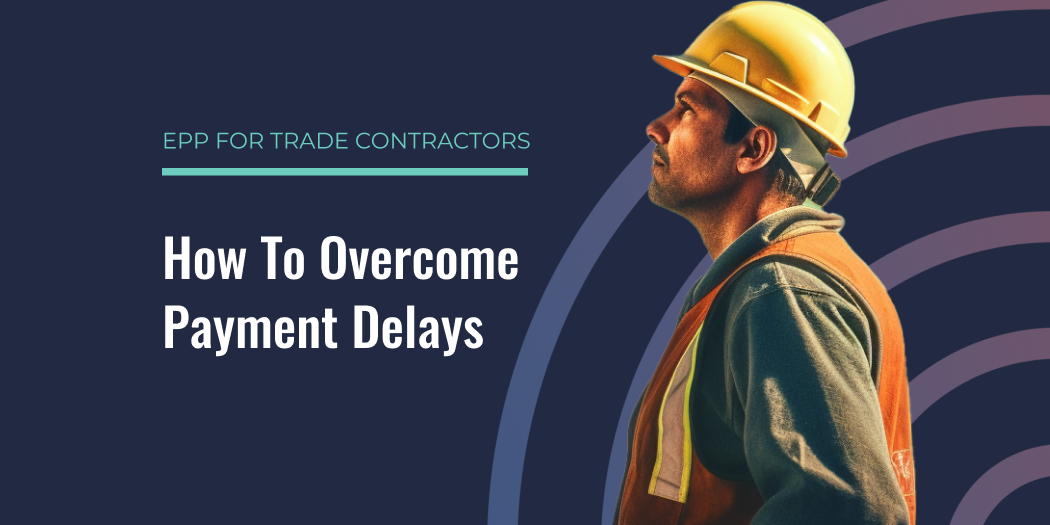Constrafor EPP vs Traditional Invoice Factoring: Only One Makes Sense for Construction
Don't be fooled by appearances, Constrafor's Early Pay Program (EPP) may resemble invoice factoring on the surface but our approach and values are...
1 min read
Alexis Vail
:
Apr 21, 2023 11:00:06 AM

As a trade contractor, you're likely familiar with the challenges of maintaining a healthy cash flow and securing the funds you need to grow your business. With so many financing options available, it can be overwhelming to decide which one is the best fit for your needs. In this guide, we'll compare Constrafor's Early Pay Program (EPP) to traditional financing options, so you can make an informed decision about what's best for your trade contractor business.
Constrafor's EPP is a construction-first financing solution that utilizes invoice financing, also known as invoice factoring, to help trade contractors get paid faster without taking on debt.
Here's how it works:
Traditional financing options for trade contractors include bank loans, lines of credit, and credit cards. These options often require collateral or personal guarantees and may come with high-interest rates and fees.
Comparing Constrafor's Early Pay Program and Traditional Financing
Let's take a closer look at the key differences between Constrafor's EPP and traditional financing options:
EPP: Simple online application process; approval and funding usually within 48 hours.
Traditional Financing: Lengthy application process, often requiring extensive documentation and taking weeks or months for approval.
EPP: Does not count as debt and does not require collateral, which can be beneficial for your balance sheet.
Traditional Financing: Counts as a liability on your balance sheet and may require collateral or personal guarantees.
EPP: Single, transparent upfront fee with no hidden costs or long-term interest.
Traditional Financing: High-interest rates and fees, which can accumulate over time and become a burden on your business.
EPP: Use it only when you need it, with no long-term commitments or costly utilization fees.
Traditional Financing: Lines of credit may come with utilization fees, and loans typically have fixed repayment terms.
Constrafor's Early Pay Program offers a more flexible, construction-focused solution for trade contractors compared to traditional financing options. If you're looking to improve your cash flow, pay down debt, or grow your business, consider exploring EPP as an alternative financing solution that's tailored to the unique needs of trade contractors.

Don't be fooled by appearances, Constrafor's Early Pay Program (EPP) may resemble invoice factoring on the surface but our approach and values are...
![[QUIZ] What's Your Trade Contractor Cash Flow IQ?](https://www.constrafor.com/hubfs/%5BQUIZ%5D%20Whats%20Your%20Trade%20Contractor%20Cash%20Flow%20IQ%3F.png)
As a trade contractor, you know that managing cash flow is crucial for the success and growth of your business. But how well do you understand the...

Payment delays are a common challenge for subcontractors in the construction industry, often leading to cash flow issues that can hinder business...